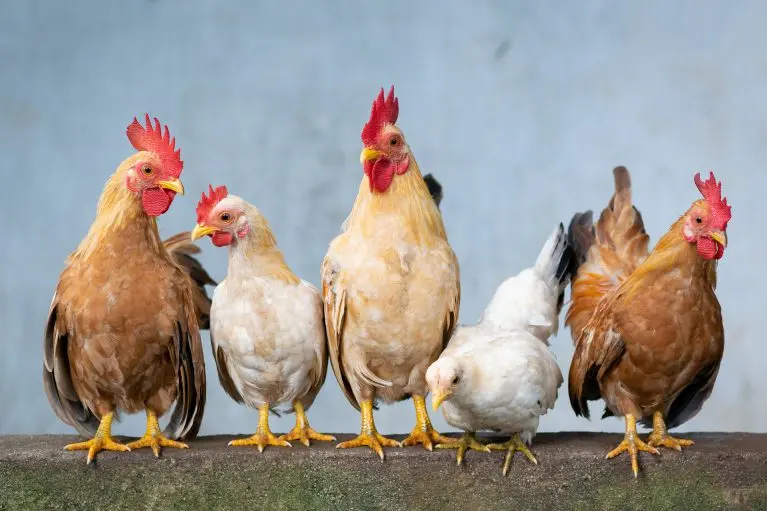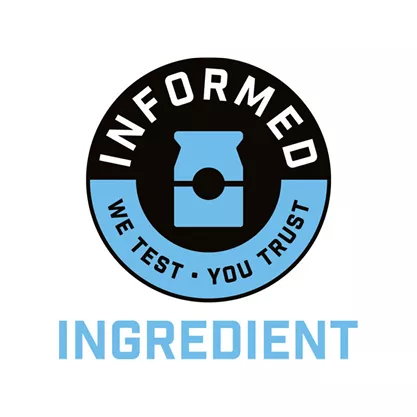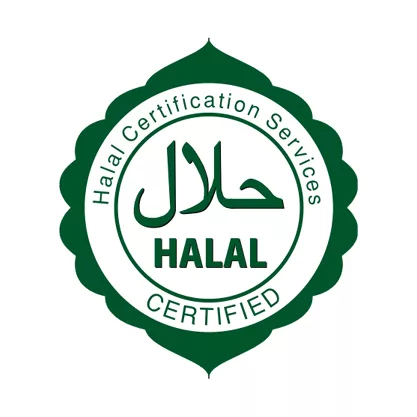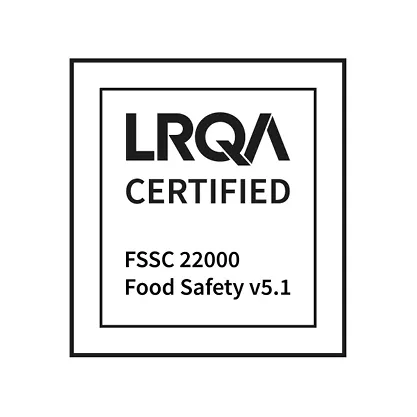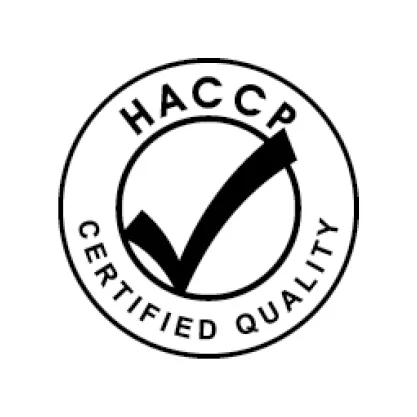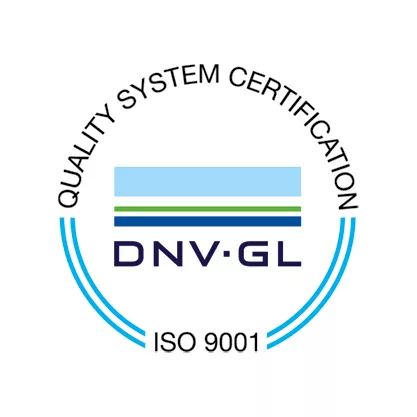Animal Nutrition
Astaxanthin is a natural carotenoid pigment produced mainly by microalgae such as Haematococcus pluvialis, found across diverse aquatic environments worldwide, ranging from Arctic marine ecosystems to freshwater rock pools. Zooplankton that feed on these microorganisms accumulate the pigment, which then passes up the food chain to fish and crustaceans, giving salmon, shrimp, and lobsters their orange-red color. Since animals cannot synthesize carotenoids, they must obtain astaxanthin from their diet.

Astaxanthin for Animal Nutrition
AstaReal offers its specialty natural astaxanthin bulk products also to support animal health under the brand name NOVASTA®
- NOVASTA® biomass powder (algal meal with 4.5-5% astaxanthin)
- NOVASTA® EB15 (encapsulated biomass with 1.5% astaxanthin)
Haematococcus pluvialis biomass is registered as feed material and can be found in the EU Register of Feed Materials (based on Regulation 767/2009).
NOVASTA® is approved by the Swedish Board of Agriculture, and is suitable for all animals, including pets and animals in competitive sports, livestock, and aquaculture.
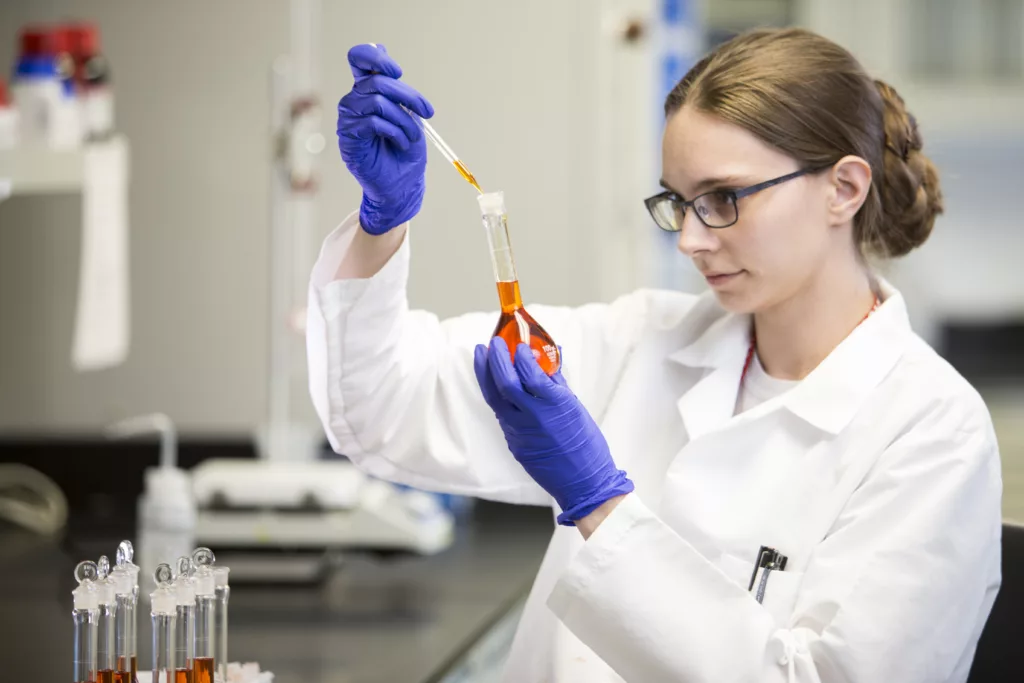
Dogs & Cats
As dogs and cats age, their cells naturally face more stress and damage. Over time, mitochondria—the “powerhouses” of cells can become less efficient, leading to a buildup of free radicals and oxidative stress. This can trigger inflammation, which is linked to many health challenges like joint stiffness, a weaker immune system, compromised metabolic profile, vision and oral health. Supporting mitochondrial health, and counteracting oxidative stress and inflammation are important for keeping our companion pet friends vibrant, comfortable, and thriving as they grow older.
As in human health, the use of nutraceuticals and functional ingredients in animal health is gaining traction as a proactive approach to support overall wellbeing. Scientific research increasingly supports the role of specific bioactive compounds like natural astaxanthin in modulating various biological pathways, offering targeted benefits for both physical and mental health in companion animals.
Benefits of Natural Astaxanthin:
- Improved mitochondrial function and cellular energy (ATP) production
- Improved visual function in pets with cloudy lenses
- Improved eye hydration and comfort in pets with dry eye
- Enhanced immune responses
- Decreased oxidative stress and inflammation (improved markers of common injuries and diseases such as heart failure or cancer)
- Increased beneficial microbes and decreased pathogenic microbes in both plaque and saliva

Horses
Mitochondria play a central role in powering muscle cells by producing the energy needed for high-performance activities like racing. In competitive animals like racehorses, intense exercise increases oxidative stress, which can damage muscle cells and impair mitochondrial function.
Supporting mitochondrial health and managing oxidative stress are therefore key to maintaining muscle integrity, performance, and recovery in these animals, helping them stay at their peak longer and reduce the risk of performance-limiting conditions like tying-up syndrome (exertional rhabdomyolysis).
Benefits of Natural Astaxanthin:
- Reduced markers of muscle damage, reflecting better muscle force output and recovery, contributing to prevention of tying-up syndrome

Aquaculture
Oxidative stress in marine animals is caused by various environmental and physiological challenges such as poor water quality, temperature fluctuations, high stocking densities, and nutritional imbalances. These stressors lead to an overproduction of reactive oxygen species (ROS) – unstable molecules that can damage cells if not properly neutralized by the animal’s antioxidant defences.
When oxidative stress is not controlled, it can impair key functions like immune response, reducing the animal’s resistance to pathogens, weakening growth performance, and lowering survival rates. It can also disrupt processes like pigmentation, which affects both the appearance and market value of species like shrimp and salmon.
Managing oxidative stress through proper nutrition, environmental control, and functional feed materials is essential for promoting overall health and performance in aquaculture systems. Moreover, with the growing demand for more sustainable aquaculture, interest in natural and health-promoting functional ingredients from non-fish sources – such as algae is on the rise.
Benefits of Natural Astaxanthin:
- Pigmentation enhancement and maintenance
- Improved growth performance and survival
- Enhanced immune responses and bacterial/virus resistance
- Ameliorated antioxidant defence (higher expression of antioxidant enzymes)
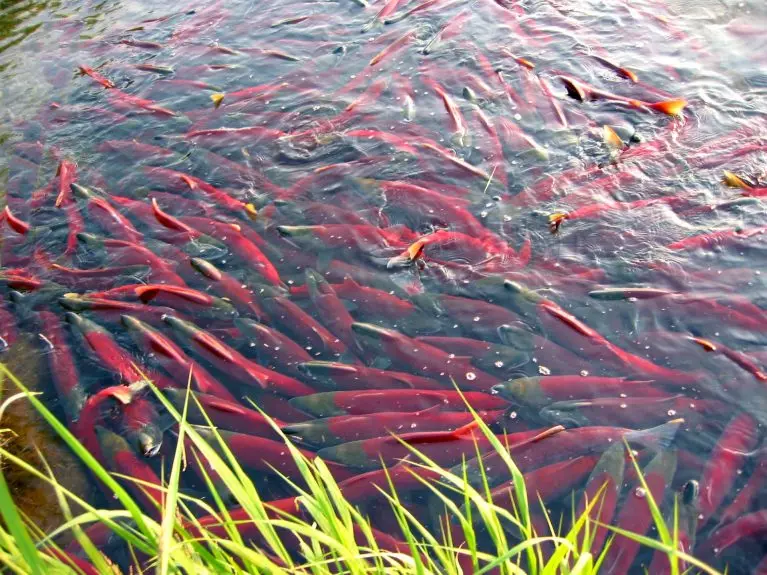
Livestock
In modern animal farming, maintaining the health and wellbeing of livestock is essential not only for animal welfare but also for productivity and sustainability. While nutrition and basic care are foundational, environmental factors such as overcrowding, heat stress, poor ventilation and nutrition, and transportation can trigger oxidative stress.
The oxidant-antioxidant imbalance in the body can weaken the immune system, increase susceptibility to infections, reduce feed efficiency, and impair growth and reproductive performance. In more severe cases, oxidative stress is linked to higher rates of illness and mortality. Addressing these stressors through optimized farm management and dietary antioxidant supplementation is key to improving animal resilience, welfare, and overall farm outcomes.
Benefits of Natural Astaxanthin:
- Improved meat quality & colour in broilers
- Enriched yolk colour
- Increased conception rate and improved reproduction in cows
- Enhanced antioxidant status, immune function and stress-resistance (heat) in broilers and laying hens
- Reduced inflammation and lower incidence of mastitis – an udder inflammation that can dramatically lower milk production in dairy cows
- Maintained quality characteristics of raw ground beef meat during cold storage following slaughter
